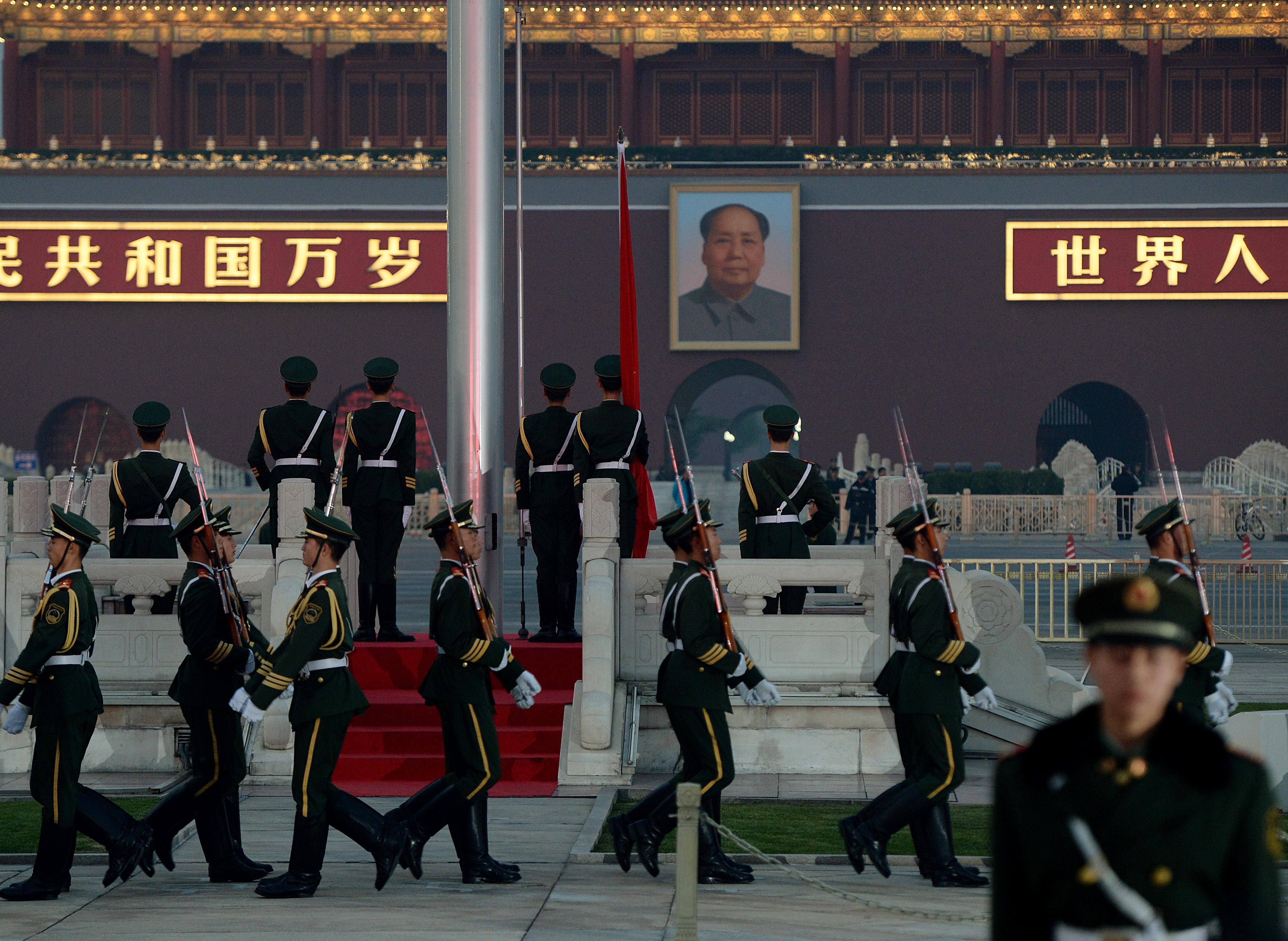“Reform and opening up” is one of those Deng Xiaoping-era phrases you hear an awful lot when talking to Chinese officials, along with “Socialism with Chinese Characteristics,” the famous line about black cats and white cats, and in Hong Kong, “one country, two systems.” Like great political rhetoric anywhere, all of these have the virtue of being open to reinterpretation at a later date.
All eyes in China this week will be on a key meeting of the Communist Party Central Committee during which we are expected to learn exactly what “reform and opening up” means to recently elevated President Xi Jinping.
As Reuters reports today, China’s state-controlled media outlets are indicating that we should not be expecting Western-style political reform:
In a turgid full-page article in the official People’s Daily, the party’s historical research institute was emphatic that China could only prosper under the party’s leadership.
For those who “preach the indiscriminate copying of the Western system” the party will “uphold its leadership”, it said. …
“Uphold and develop socialism with Chinese characteristics, neither walking down the closed and rigid road nor taking the evil road of changing (our) flags and banners,” it said, an expression commonly used by the party when it talks about not copying Western political systems.
Echoing a recent article in a party journal, the paper also rejected calls for further re-evalution of “the period before reform and opening up,” referring to Mao’s Great Leap Forward and Cultural Revolution, during which millions were killed, describing these as efforts to demonize the party.
This isn’t all that surprising. Despite Xi’s interesting family history, there’s been little from his public statements to indicate he supports radical political reform, or that there’s much appetite for it among other Chinese senior leaders.
This is not to say that the party couldn’t effect major social change for the Chinese people through ostensibly economic policy, such as making changes to hukou, the household registration system that ties government benefits to a person’s address, essentially leaving the millions of people from the countryside streaming into China’s growing cities in a kind of illegal immigrant status without access to social services including schools and hospitals. Hukou probably won’t be dismantled entirely, but there are indications it could be relaxed in some smaller cities as part of a plan to encourage urbanization.
In other words, significant reform effecting the lives of significant numbers of Chinese citizens is still certainly possible under this government, but for now it probably isn’t the kind of reform Western liberals have in mind.
I’ve been traveling in China on a reporting fellowship sponsored by the East-West Center and the Better Hong Kong Foundation.
